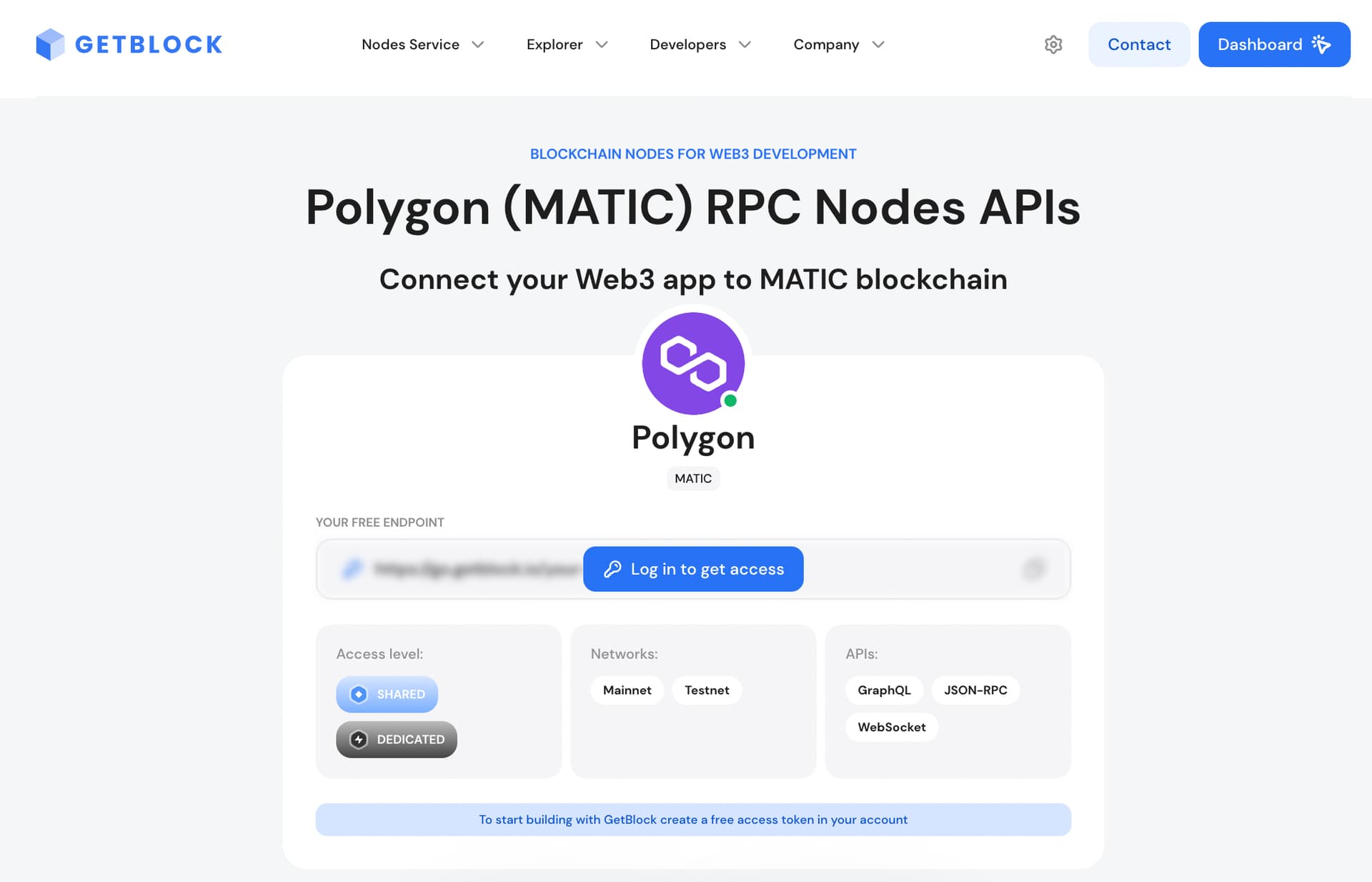Deploying a full node in the Polygon blockchain network is an essential yet increasingly complex task due to the advancements in blockchain technology. In the past, basic hardware sufficed for running a node, but as blockchain networks like Polygon have grown and become more popular, the demands for memory and processing power have significantly increased.
For those in the Polygon community considering deploying a node, it’s vital to understand the specific hardware requirements, which can differ based on the blockchain network. While the requirements for a Bitcoin node are commonly known, those for a Polygon node might vary, particularly in terms of storage capacity and processing speed.
Typical hardware specifications for running a Polygon node could include:
- A modern version of Windows, Mac OS X, or Linux operating system.
- A minimum of 500 GB of disk space with a fast read speed, ideally on an SSD, to ensure efficient processing of blockchain data.
- At least 8 GB of RAM to effectively handle the node’s operations.
- A stable broadband internet connection with high download and upload speeds, and a generous data allowance.
Operating nodes on networks such as Ethereum requires specific technical skills, which is also true for Polygon nodes. Different synchronization modes might be available for Polygon, similar to Ethereum’s fast, full, and light modes, each offering different trade-offs in terms of speed and data requirements.
Node service providers can significantly ease the management and operation of Polygon nodes. They provide straightforward access to the blockchain, offering ready-to-use RPC endpoints that can simplify the development process and bring new flexibility to developers. This is especially beneficial for businesses aiming to integrate Polygon blockchain technology without the burden of managing the underlying infrastructure.
Key advantages of using a node service provider for Polygon include:
- The ability to deploy and manage nodes as needed, including performance monitoring and timely updates.
- Enterprise-level connectivity for creating and managing smart contracts, processing transactions, and accessing blockchain data through various protocols like JSON-RPC, REST, and WebSockets.
- Real-time access to blockchain analytics and data.
- Simplified integration with blockchain technology for applications, removing the need for complex configurations.
- Continuous, reliable connectivity supported by professional assistance.
- Customizable Service Level Agreements (SLAs) to meet specific business requirements and ensure high-quality service.
For the Polygon community, actively engaging in discussions and sharing knowledge about development tools, node deployment best practices, and experiences with various service providers is highly valuable.
